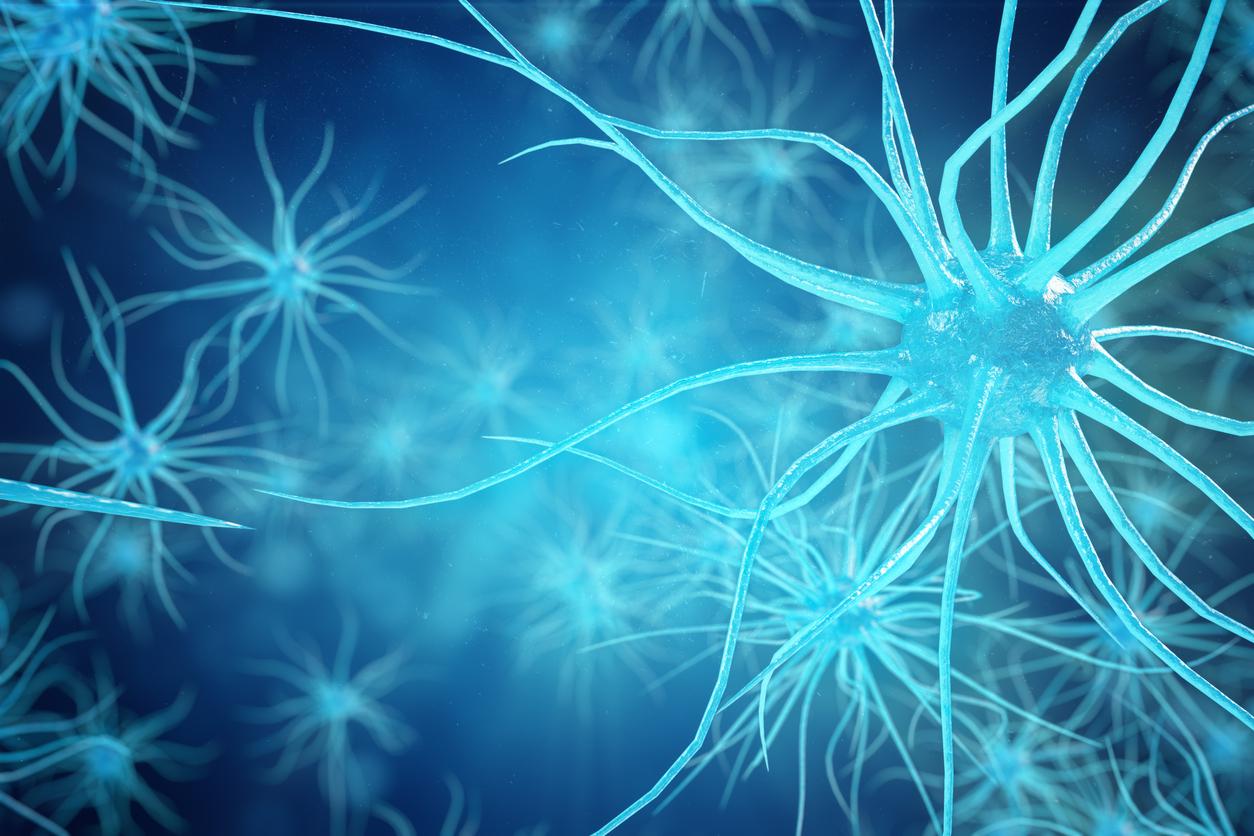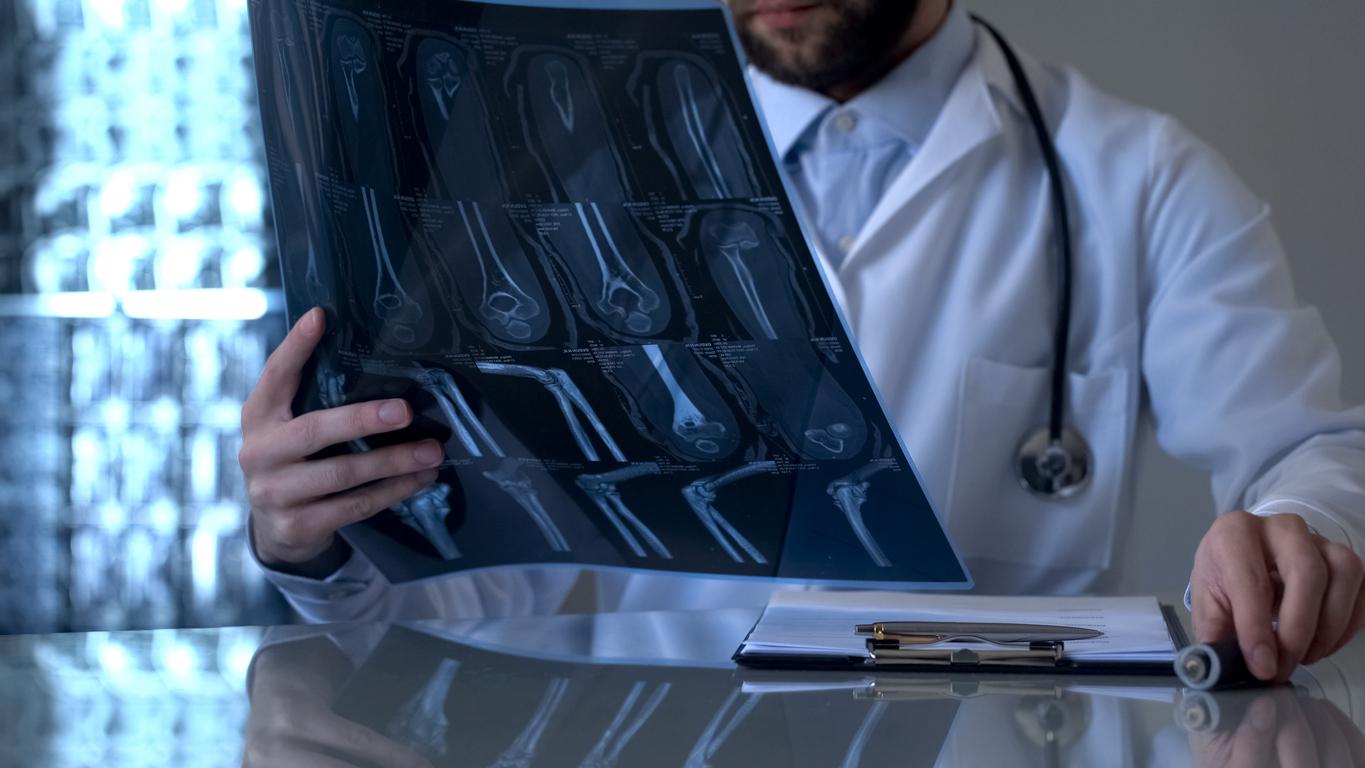
Specialist dentist Jan Warnsinck answers 11 questions
Even if you’ve never had a root canal treatment, you know one thing for sure: it hurts. Is that fear justified? Specialist dentist Jan Warnsinck, assistant professor of endodontics at the Academic Center for Dentistry Amsterdam, provides the answer.
1. When is a root canal treatment necessary?
“If you have an inflamed and infected dental nerve. Each tooth is rooted in the jaw. In that root there are one to five channels with living tissue: nerve fibers, connective tissue and blood vessels. If bacteria get in there, it can tissue will become inflamed. Without treatment, the tooth nerve eventually dies. Such an inflammation can cause swelling and fever. Ultimately, you can even lose the tooth.”
2. How does such inflammation develop?
“Every person’s oral cavity is bursting with bacteria. Normally they can do no harm. With healthy, intact teeth, your teeth form a natural barrier, so that bacteria cannot penetrate into the underlying tissue. But if you have a cavity, a cavity develops. a gateway, as it were, which can also happen due to, for example, a broken tooth after an accident, a filling that no longer fits properly or damage due to teeth grinding.”
3. The older you are, the greater the chance of damage and therefore of a root canal treatment?
“Of course it depends on how well you maintain your teeth, but in a general sense you can say that. Another thing is that people find it increasingly important to keep their own teeth until old age. This also means that gradually usually more needs to be repaired. In practice, we are doing more and more root canal treatments for people over 50.”
4. What do you notice about a root canal infection?
“It often starts with sensitive teeth, for example when you drink cold or hot drinks or eat sweets. You can also have trouble chewing. Or even feel a constant, throbbing pain. It can be very intense. Incidentally, it is a misunderstanding that a Root canal inflammation always causes pain. If the nerve in the root has already died, you won’t feel it.”
5. How does a dentist make the diagnosis?
“Often – but not always – you can see an inflammation on an X-ray. In addition, the dentist also examines the mouth, for example by looking for visible damage.”
6. How does the treatment work?
“First, the dentist makes an opening in the tooth or molar to get to the root canals. The canals are then made wider with files so that they can be properly disinfected. The latter is done by rinsing the canals with a highly diluted chlorine solution. holder on the tooth or molar with a rubber patch behind it ensures that no saliva with bacteria enters the root canals during the treatment, and no rinse aid in the rest of the mouth.
When everything is completely clean, the channels are filled, usually with a mix of some kind of cement and rubber. This reduces the chance that bacteria will end up in the ducts again in the future. Finally, the dentist closes the tooth or molar again with a filling. Depending on the number of channels and the complexity, the treatment usually takes between one and a half and two and a half hours. Sometimes it can be completed in one go, sometimes you have to come back for it.”
7. Can your own dentist do a root canal treatment?
“That depends on their expertise and experience. Many dentists do the treatment themselves. If they do not have the right knowledge in-house, or if they expect a treatment to be very complicated, they refer you to an endodontist. This is a specialized specialist. dentist who has completed three years of additional training solely on root canal treatments.”
8. What about the real pain?
“The nerve pain beforehand can be almost unbearable. But the treatment itself is painless thanks to the good anesthetics. If the nerve has already died, an anesthetic is sometimes not even necessary. Due to the intensive cleaning, the tooth can become temporarily irritated. As a result, you can suffer from post-pain for a few days. In general, that pain can be treated well with regular painkillers, such as paracetamol or ibuprofen. If the pain lasts longer, contact the dentist.”
9. Is it necessary to use antibiotics after treatment?
“Almost never. It is only wise to give antibiotics if an inflammation is accompanied by a very severe swelling or high fever, if a patient is extra susceptible to infections due to other health problems such as immune diseases, or if the patient has heart problems.”
10. After a root canal treatment will you be rid of the problem forever?
“Usually we do. We try to clean and close the root canals as well as possible. But in a few cases it can happen that a remnant of the inflammation remains, or that a new opening is created through which bacteria can penetrate. Then sometimes a new treatment is needed.”
11. It is a costly procedure. Does it make sense to request quotes from multiple dentists?
“A root canal treatment consists of various actions, each with its own code. The Dutch Healthcare Authority (NZa) has determined maximum rates for all these codes. These rates are used by almost all dentists. So there is little difference. The costs depend mainly on the complexity of the treatment Cleaning one root canal from an incisor is less time consuming – and therefore less expensive – than cleaning three or four root canals from a large molar Furthermore, one dentist may perform different or more procedures than a colleague, for example by using specialized equipment used, for which he declares separately, so that price differences can still arise.
For an extensive or expensive treatment, it can be useful to request a quote. Then you will at least gain insight into how the costs are built up. Don’t be afraid to ask your dentist for an explanation. For a treatment above 250 euros, the dentist is obliged to provide a quote. Root canal treatment is not included in the basic package. This means that you will only be reimbursed if you have additional dental insurance. Depending on your insurer and the package, you will receive a percentage of the amount back, up to a certain maximum.”
Sources):
- Plus Magazine

















